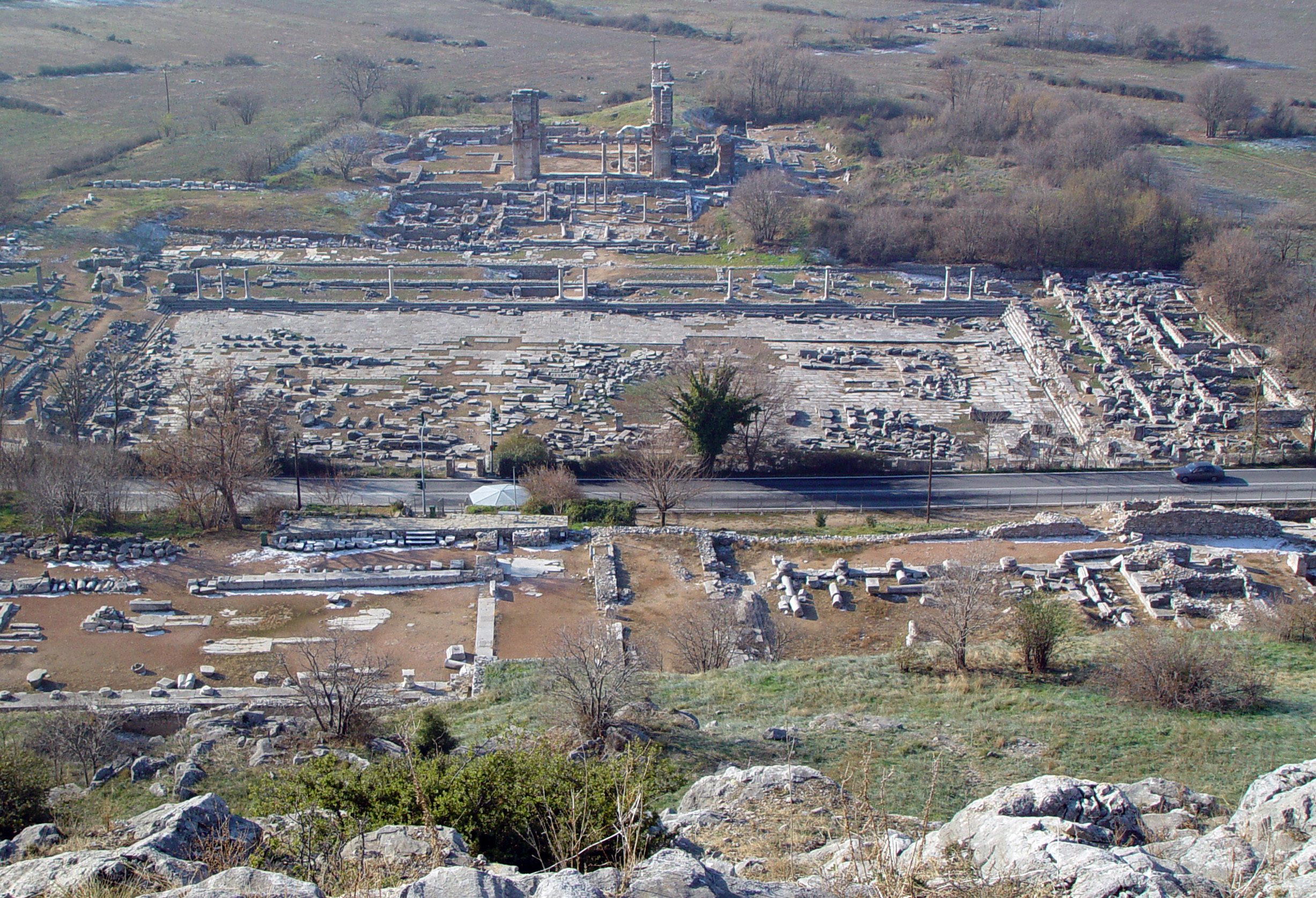By and large we have no problems attaining a certain amount of cultural quotience in our 21st century context. For example, we know that football is the number one sport in Brazil, whereas in the South Asia nations (India, Pakistan, Sri Lanka, Bangladesh) it is cricket.
We know that Taiwan is using traditional Chinese writing, whereas China uses the simplified.
We know that American English is different from English as we know it. And we know that even within the UK, they speak English rather differently depending on where you are.
We know that the Middle East's greatest export is oil, and China is a manufacturing behemoth, and many similar things.
These are cultural things we can observe about different places.
But unless we are avid historians, we wouldn't know much about Philippi, Ephesus, Galatia, Thessalonica, and many of these places where Paul writes to. Certainly not in the same way we know football obsessed-Brazil, cricket-loving India, and the differences in which Taiwanese and China write Chinese.
God however, has left us with the book of Acts.
I was recently taught a healthy exercise which I have now found helpful for us to interpret Scripture. Using the book of Acts (specifically Acts 16) to read about what Philippi was like we can observe a few things.
(1) Philippi was a Roman colony and the leading city of Macedonia at that time (Acts 16:12)
(2) We know that in the economy of Philippi, there were people who made a trade through fortune telling (Acts 16:16)
(3) We know that Roman citizenship was a big deal in Philippi. It warranted that you can never be beaten without a trial (Acts 16:38-39)
And point (3) could then serve our purposes in illumining Philippians 3:17-21:
Join together in following my example, brothers and sisters, and just as you have us as a model, keep your eyes on those who live as we do. For, as I have often told you before and now tell you again even with tears, many live as enemies of the cross of Christ. Their destiny is destruction, their god is their stomach, and their glory is in their shame. Their mind is set on earthly things. But our citizenship is in heaven. And we eagerly await a Savior from there, the Lord Jesus Christ, who, by the power that enables him to bring everything under his control, will transform our lowly bodies so that they will be like his glorious body.
Philippians 3 is a great chapter, where Paul counts various earthly achievements as rubbish. Could it be then when Paul writes the statement "But our citizenship is in heaven", he is referencing to the standard of Philippian society?
There is something greater than Roman citizenship. Roman citizenship may entitle you to certain benefits BUT our citizenship is in heaven. And from there the privileges are very different from that of Roman citizenship, it transform our lowly bodies to be like his glorious body, far greater than the right to request trial.
And to sum it up for us today, Christ gives us far more than our cultural obsessions. Roman citizenship means nothing today, just like what many of our cultural standards will one day mean nothing.

Comments